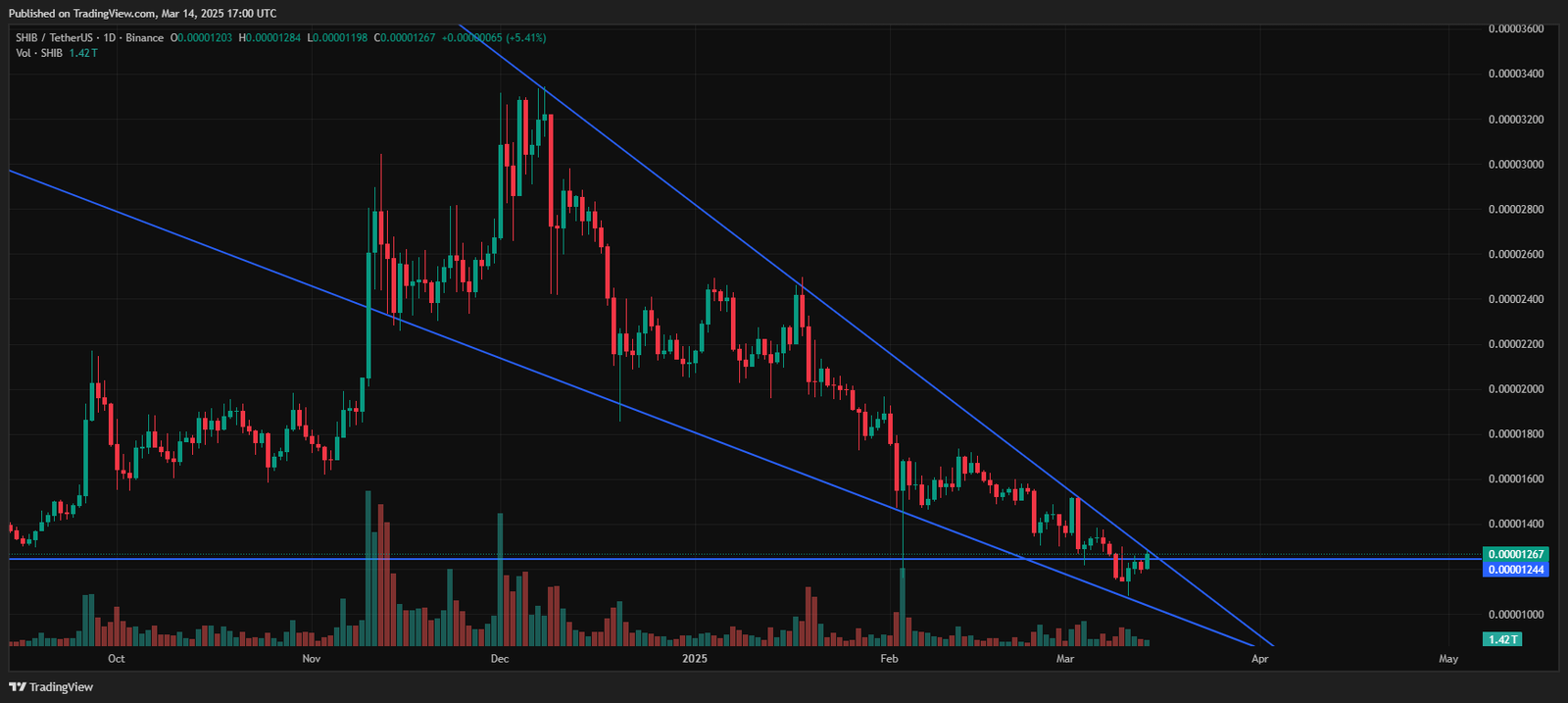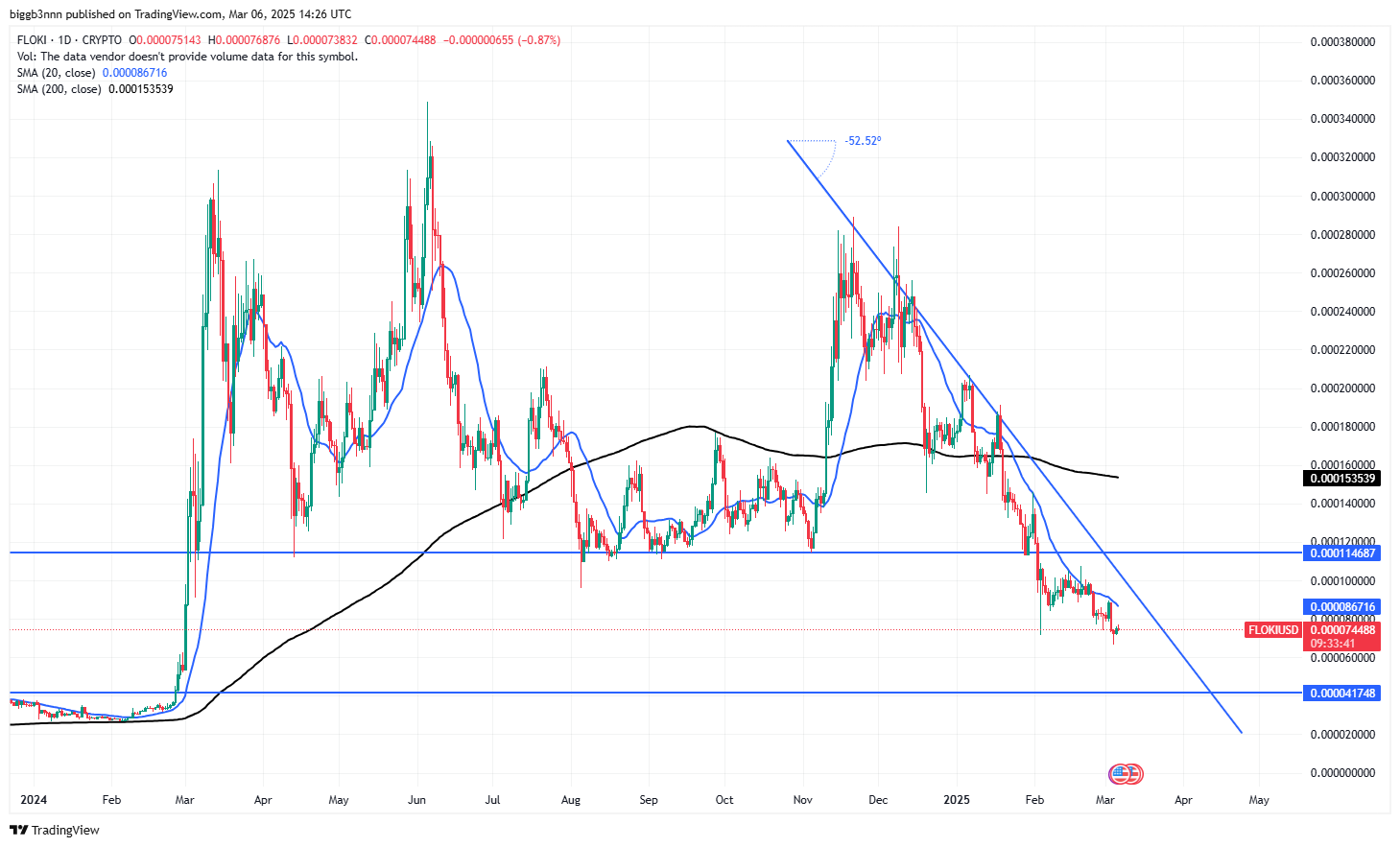In a bold fusion of fiscal strategy and digital innovation, industry experts are exploring the tantalizing prospects of Bitcoin Treasury bonds as a tool to help the U.S. refinance its colossal $14 trillion debt—while another camp envisions Bitcoin surging to an astonishing $1 million if the government were to acquire just 1 million BTC. These ideas, emerging from leading voices at VanEck and the Bitcoin Policy Institute, represent a disruptive approach at the intersection of traditional finance and the rapidly evolving world of cryptocurrency.
A New Fiscal Frontier with Bitcoin Treasury Bonds
The concept of leveraging Bitcoin to address the nation’s debt woes is capturing attention on Wall Street and beyond. According to a senior executive at VanEck, Bitcoin Treasury bonds could provide an innovative way for the U.S. government to refinance its $14 trillion debt. This approach would involve the issuance of bonds tied to Bitcoin, effectively using the digital asset as collateral or as an instrument to attract a new class of investors.
Proponents argue that such bonds could diversify the nation’s financing options and tap into the global appetite for digital assets. In theory, Bitcoin’s decentralized nature and robust market could offer stability and potentially lower borrowing costs, even in turbulent economic times.
The idea is to merge the solidity of government debt with the dynamic growth potential of Bitcoin—a fusion that might reshape the landscape of public finance. Analysts note that this strategy not only reflects the growing institutional acceptance of cryptocurrency but also signals a daring rethinking of how governments may address long-standing fiscal challenges.
Critics, however, remain cautious. They point to Bitcoin’s notorious price volatility and regulatory uncertainties as significant hurdles. The proposal, while groundbreaking, would require unprecedented levels of coordination between policymakers, financial institutions, and crypto experts.
Nonetheless, the conversation is already sparking debates among economists and tech innovators alike, all eager to see if this digital twist on treasury bonds could be the key to unlocking a new era of debt management.
The Million-Dollar Bitcoin Hypothesis
In a parallel narrative filled with enormous potential and high-stakes speculation, the Bitcoin Policy Institute has put forth an equally audacious prediction: Bitcoin could reach $1 million if the U.S. government were to purchase 1 million BTC.
This forecast is driven by the logic that such a massive and institutional-scale entry into the Bitcoin market would dramatically shift the supply-demand equilibrium, injecting a powerful vote of confidence that could propel prices to unprecedented heights.
The institute’s analysis suggests that a government acquisition of this scale would not only reduce the available supply in the open market but also set off a cascading effect of institutional adoption.
By significantly bolstering demand, this move could ignite a bullish trend that would resonate across global markets. In this scenario, Bitcoin would transition from being a speculative asset to a cornerstone of national financial strategy—a digital reserve asset with the potential to redefine value storage in modern economies.
Financial analysts have long speculated about the transformative impact of institutional investment in cryptocurrency. The idea that a sovereign entity could trigger a $1 million price level for Bitcoin underscores the growing belief that digital currencies are becoming integral to mainstream finance. This possibility has sparked intense discussion among both crypto enthusiasts and traditional investors, who are now re-evaluating the role of government in fostering an innovation-driven economy.
Merging Traditional Finance with Digital Revolution
Both of these groundbreaking proposals highlight a fundamental shift in how the realms of government finance and digital currency might converge.
Bitcoin Treasury bonds and the prospect of a government Bitcoin purchase are emblematic of the broader move toward integrating cutting-edge technology into the fabric of national economic policy. They open up potential pathways for mitigating debt and stabilizing markets while simultaneously driving forward the adoption of digital assets.
If implemented successfully, these ideas could transform the perception of public debt financing and position Bitcoin not merely as an investment asset but as a strategic tool in national economic policy.
As discussions intensify, financial institutions, regulators, and tech innovators are likely to engage in detailed debates about the risks, rewards, and practicalities of these approaches. The stakes could not be higher—a successful merger of Bitcoin with government finance might signal a seismic shift in global markets, establishing a new benchmark for how nations manage fiscal challenges in an increasingly digital world.
As the discourse evolves, one thing is clear: the intersection of traditional finance and cryptocurrency is ripe with possibility. Whether Bitcoin Treasury bonds can help refinance vast national debt or a strategic government purchase can send Bitcoin soaring to a million-dollar valuation, the future promises dramatic changes at the confluence of innovation, policy, and finance.




